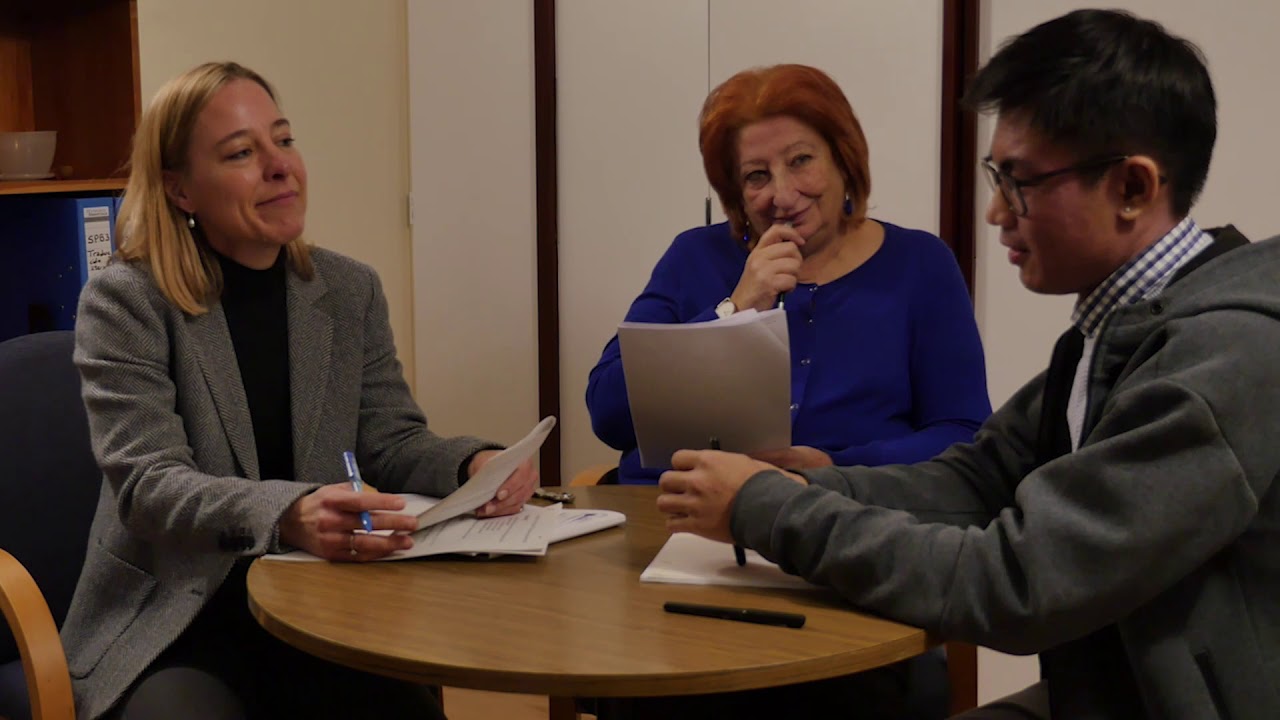Churchill College, University of Cambridge
Our Fellows and students show what you could expect from an interview at Churchill College, the University of Cambridge.
Churchill Mock Interview – Linguistics


Churchill College, University of Cambridge
Our Fellows and students show what you could expect from an interview at Churchill College, the University of Cambridge.